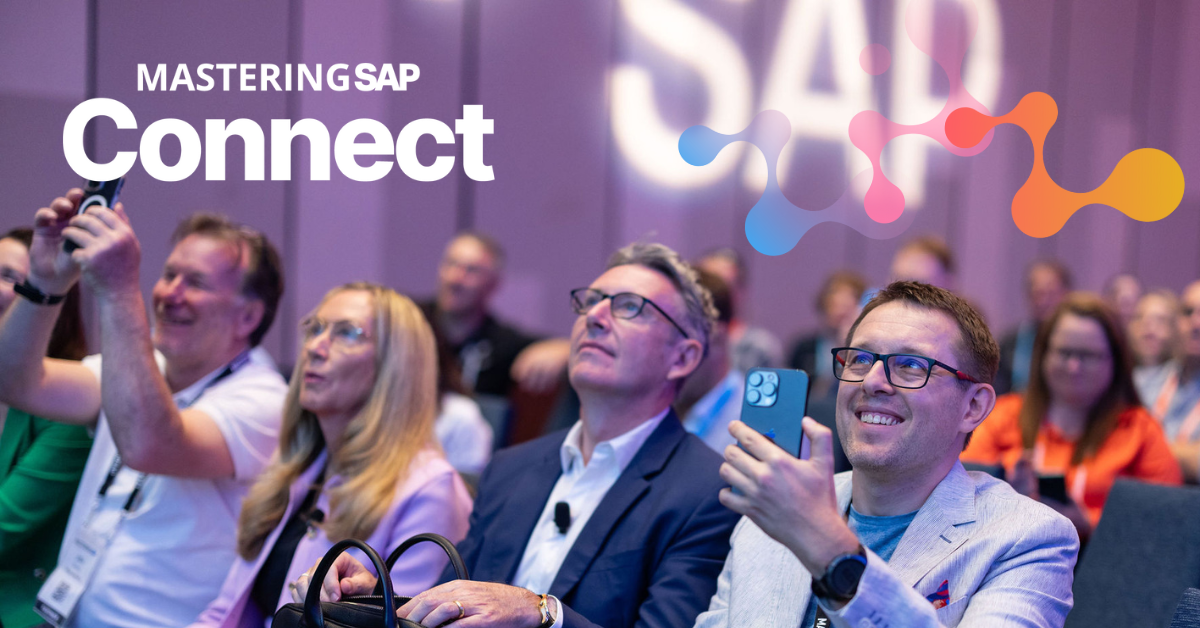Infosys and Microsoft Expand Strategic Collaboration to Accelerate Customer Adoption of Microsoft Cloud and Generative AI
Meet the Authors
Key Takeaways
⇨ Infosys and Microsoft are expanding their collaboration to accelerate customer adoption of generative AI and Microsoft Azure, enhancing technology investments across various sectors such as finance, healthcare, and supply chain.
⇨ Infosys has become a leader in AI integration, having developed a GitHub Center of Excellence and utilizing tools like GitHub Copilot, resulting in significant efficiencies in code development and modernization.
⇨ As part of their partnership, Infosys and Microsoft are committed to Responsible AI practices, focusing on ethical AI guidelines and skilling efforts to empower the workforce for transformative AI solutions.
Infosys (NSE, BSE, NYSE: INFY), provider of next-generation digital services and consulting and an SAP Global Strategic Services Partner, recently announced an expansion of its collaboration with SAP Global Technology Partner Microsoft to help accelerate customer adoption of generative AI and Microsoft Azure, globally. The strategic collaboration is aimed at helping Infosys’ and Microsoft’s joint customers realize the value of their technology investments and secure transformative outcomes.
Infosys and Microsoft’s generative AI collaboration commenced when Infosys became an early adopter of GitHub Copilot, which enabled them to realize significant efficiencies in code modernization and completion. Infosys is a top GitHub Copilot “customer zero” with currently over 18,000 developers who have generated and used more than 7 million lines of code from Copilot. Coupled with its recently launched, an industry-first, GitHub Center of Excellence (CoE), Infosys is uniquely positioned to offer enterprise AI innovation to customers around the world.
Recent SAPinsider research indicates that Microsoft Azure is near the top of the list when it comes to selecting partners for AI operationalization. The research report AI: State of Adoption 2024 revealed that 41% of SAP customers are working with Microsoft on their AI initiatives, making it the most commonly selected partner aside from SAP itself. Azure provides a rich array of pre-built AI tools through Azure Cognitive Services, which includes APIs for vision, language, speech, and decision-making. These allow developers to add sophisticated AI capabilities to applications without needing to build complex models from scratch. Also, Azure ML is a fully managed machine learning service that enables data scientists and developers to build, train, and deploy ML models efficiently. With tools like automated ML, drag-and-drop visual interface, and support for popular ML frameworks (e.g., PyTorch, TensorFlow), Azure ML helps streamline model development and deployment.
Explore related questions
Infosys was chosen as a strategic supplier to support Cloud and AI workloads for Microsoft’s enterprise customers. Infosys will infuse Microsoft’s generative AI suite of offerings across its Solution IP portfolio to bring unique capabilities to market, helping clients achieve cost-efficiency, scalability, and agility.
In conjunction with Microsoft’s technology and its own industry-leading AI and Cloud suite of offerings, Infosys Topaz and Infosys Cobalt, as well as its AI-powered marketing suite Infosys Aster, the collaboration will help enhance customer experiences and drive the global adoption of enterprise AI.
The scope of this expanded collaboration will include:
- Financial Services – Infosys’ domain expertise with Finacle, alongside Microsoft’s advanced capabilities will enable financial institutions to engage, innovate, operate, and transform more efficiently.
- Healthcare – Infosys Helix, a next-gen healthcare payer platform built on Microsoft Azure, uses AI/ML automation to optimize patient outcomes, will provide access to care, and enhance constituent experiences, while streamlining processes and reducing costs.
- Supply Chain – This sector will see optimized processes and increased agility through the combined strengths of TradeEdge and Azure OpenAI service.
- Telecommunications – Microsoft’s generative AI and Infosys Live Operations platforms will deliver enhanced connectivity and customer experiences.
- Infosys Energy Management Solution, coupled with Microsoft’s commitment to sustainability, will accelerate the NetZero journey for customers.
- Customer service – Infosys Cortex, an AI-driven customer engagement platform, integrates Microsoft GenAI and Copilot to deliver specialized and individualized copilot assistance to every member of a customer service organization.
Many of these solutions will be available on Azure Marketplace, allowing customers to utilize their Microsoft Azure Consumption Commitment (MACC), creating a mutually beneficial market proposition.
As the collaboration grows, both companies are also focusing on sharing best practices for Responsible AI. Infosys is a key partner in The Microsoft Responsible AI Partner Initiative, contributing to the development of ethical AI guidelines through Infosys’ Responsible AI (RAI) Office. Skilling efforts are also part of the collaboration, ensuring that the workforce is equipped with the necessary expertise to support these initiatives.
Anand Swaminathan, EVP and Global Industry Leader – Communications, Media and Technology, Infosys, said, “This collaboration addresses various business problems by delivering heightened value to clients through a customer-centric approach, providing scalability, agility, and cost-efficiency across key sectors like Finance, Healthcare, Supply Chain, and Telecommunications. As Infosys and Microsoft embark on this transformative journey together, we are poised to redefine industry standards and empower organizations to thrive in the era of generative AI.”
Nicole Dezen, Chief Partner Officer at Microsoft, said, “Our expanded collaboration with Infosys will transform industries, enhance business operations, elevate employee experiences, and deliver new value for customers. Together, we will harness the power of generative AI to deliver innovative solutions, drive AI Adoption and enable unprecedented innovation for customers.”
What this means for SAPinsiders
Participate in SAPinsider research. SAPinsider will be publishing a research report in December on AI in the Supply Chain that will explore the key drivers causing companies to adopt AI in supply chain, the primary strategies companies are deploying to operationalize AI in supply chain, the critical underlying capabilities that must be in place in order for AI to deliver durable outcomes, and the leading technology tools and providers companies are using to embed AI into supply chain processes and systems. Take the survey today and let your voice be heard!
Supply chains stand to make gains in analytics and data integration with Azure. By integrating SAP data with Azure Synapse and Power BI, companies can leverage advanced analytics for supply chain visibility and predictive insights. This can be useful for demand forecasting, inventory optimization, and tracking key performance indicators (KPIs) across the supply chain. Also, Azure Data Lake enables SAP customers to centralize large volumes of structured and unstructured supply chain data from various sources. When combined with SAP’s data, companies gain a comprehensive view of their operations, which allows for real-time monitoring and improved decision-making.
Lean on Infosys to bolster supply chain resilience. Infosys leverages AI for demand sensing and risk mitigation, helping customers detect early signs of supply chain disruptions and adjust operations proactively. By applying ML models to SAP data, Infosys can help companies respond swiftly to changes in market demand or disruptions in supply, providing real-time recommendations for mitigation. Using AI-based scenario analysis, Infosys helps SAP customers assess the impact of different strategies on supply chain performance. This can involve running simulations on inventory policies, sourcing alternatives, or demand fluctuations. By integrating this with SAP’s analytics, companies gain a toolset for agile and informed decision-making.









